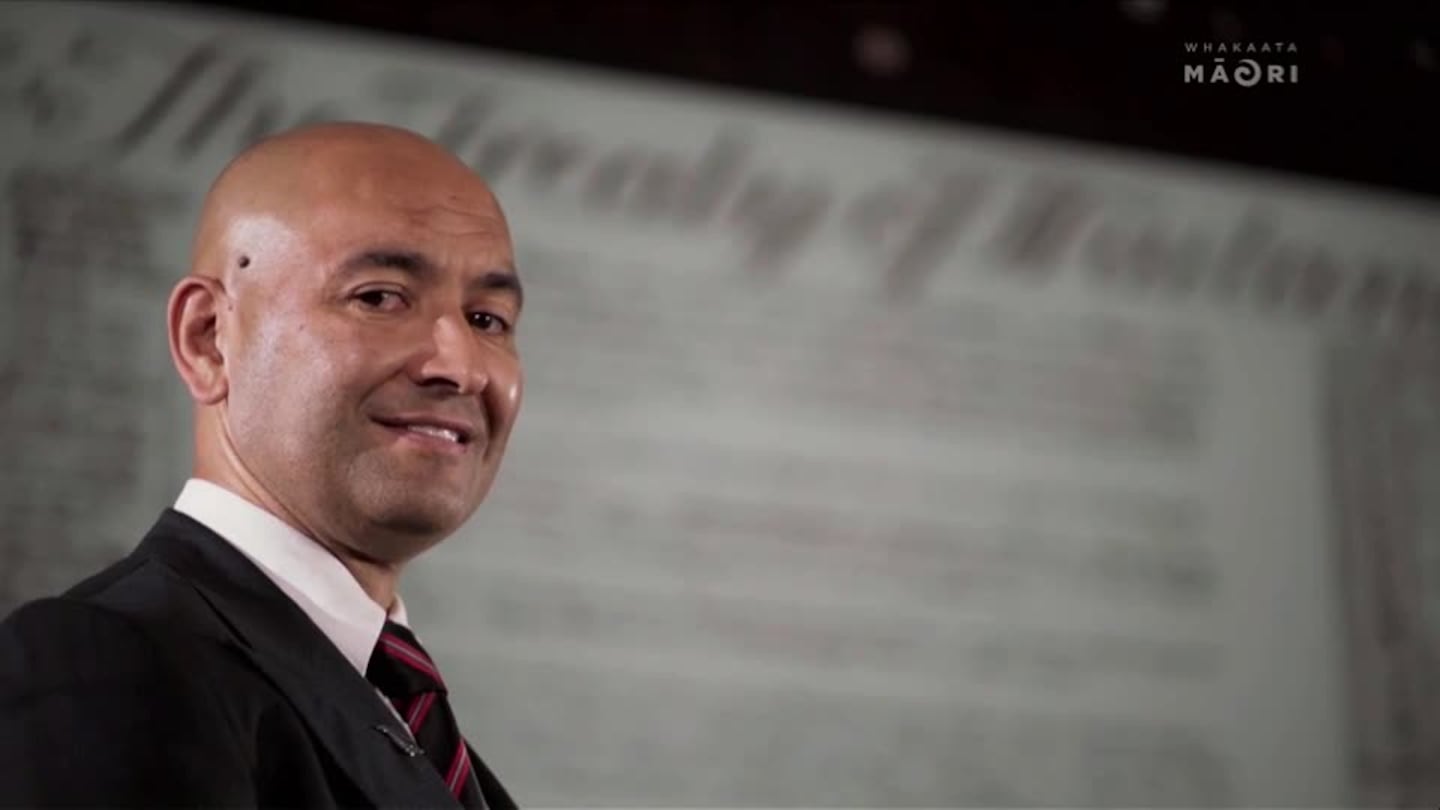ANALYSIS: Māori Development Minister Tama Potaka has gone on a Matariki charm offensive, to rebut ongoing criticism about his Government’s record for Māori.
Since day one in Government, Potaka has faced push back from across te ao Māori. It started with the Kiingitanga, usually a fairly apolitical and moderate institution, calling together Māoridom to meet and discuss how to respond to this new coalition.
And then the protests started.
A large nationwide protest met the Government when it was sworn in at Parliament. Another gathered outside the Beehive on the Government’s biggest day of the year, Budget Day. No doubt, there will be more to come - all while a growing Kōtahitanga Movement, of the nation’s most powerful iwi, continues to meet to discuss its concerns with the coalition Government.
Potaka is now working to reset that narrative. It started with a test run at the start of June, through a meeting with Ngāti Toa, a Porirua-based iwi, to discuss what Budget 2024 would mean for them.
Ngāti Toa have proven to be one of the most activated iwi, able to bring hundreds of supporters to Parliament at short notice. Most recently, Potaka fronted as a large contingent of Ngāti Toa arrived on the steps of Parliament to oppose the Government’s Fast Track consenting bill - over environmental concerns.
Heading into the Matariki long weekend, Potaka kicked off a series of speeches to try and turn the tide on Māori opposition to his government.
It started with a post-Budget speech at Te Puni Kōkiri in Wellington on Tuesday, then moved to the well attended He Māori Ahau conference on Wednesday, speaking to about 900 attendees. By Thursday he was in Central Otago, being hosted by Ngāi Tahu, ahead of its big Matariki festivities across the weekend.
Stuff understands this week has been a concerted effort from the Government to try and turn the tide of Māori opinion. Strategists are well aware that long-lasting and coordinated campaigns will risk ingraining a perception that the coalition has been “anti-Māori”, as protesters have claimed.
Potaka is aiming to use the good vibes of Matariki and the start of Te Huinga Whetu (the secondary schools’ kapa haka nationals) to start his own relentlessly upbeat campaign.
Tuesday’s speech was attended by local iwi leaders, including Kara Puketapu Dentice of Te Ātiawa, leaders from the public sector including Te Taura Whiri commissioner Ngahiwi Apanui, and leaders from outside the capital, such as Tā Mark Solomon.
In an attempt to carry out this “new year, new me” Matariki mission, Potaka has gone into these meetings with an unwaveringly positive outlook.
When issues were put to him, such as the long list of Waitangi Tribunal claims challenging, for instance, the Government’s moves to reduce te reo use in the public service and close the Māori Health Authority, Potaka would revert back to “a great example”. His “great example” was usually increased funding for Te Matatini, the national kapa haka festival.
His speeches have tended to focus on iwi and Māori business possibilities, but they have not promised any pūtea (investment) or examples of specific support targeting Māori in particular.
He did, however, speak often about National’s commitment to “devolution” and the possibility that could offer Māori NGOs with solutions to improve education, health, and housing access.
Attendees from those speeches were left unconvinced when Stuff talked with the crowds. While the comments about Potaka were largely kind, the consensus appeared to be that his speeches were not memorable nor convincing enough for attendees to walk away with a new perspective.
Labour’s Willie Jackson said Potaka was looking at an uphill battle and a week of hui would not be enough.
“People have lost faith. They’re really disillusioned with this Government’s actions in the Māori area, and that’s why you’re seeing this huge response in terms of protest and in the courts from Māori,” Jackson said.
He said Potaka would have, if he was truly proud of what the Budget delivered for Māori, gone to marae across the country to discuss it - as Labour’s ministers used to do.
“Front up, if you think the Budget is doing well,” Jackson said.
“Our Maori caucus went out and met with our people all around the country. He hasn’t done anything like that because he’s embarrassed by this Budget that does very little for Māori.”
Potaka denied the Budget was failing to deliver and said sustained funding for groups such as Te Māngai Pāho and kura kaupapa showed a commitment to Māori.
Over the next few years, he said he’d be able to convince Māori that this Government could deliver. But how sure is he?
Asked if he would set a target for the 2026 election for Māori support, Potaka said he wasn’t going to do that - like Jackson did when he was Māori Development Minister.
For the record, Jackson’s goal for the 2023 election had been to win all seven Māori electorates. Labour ended up getting just one.
- Stuff


